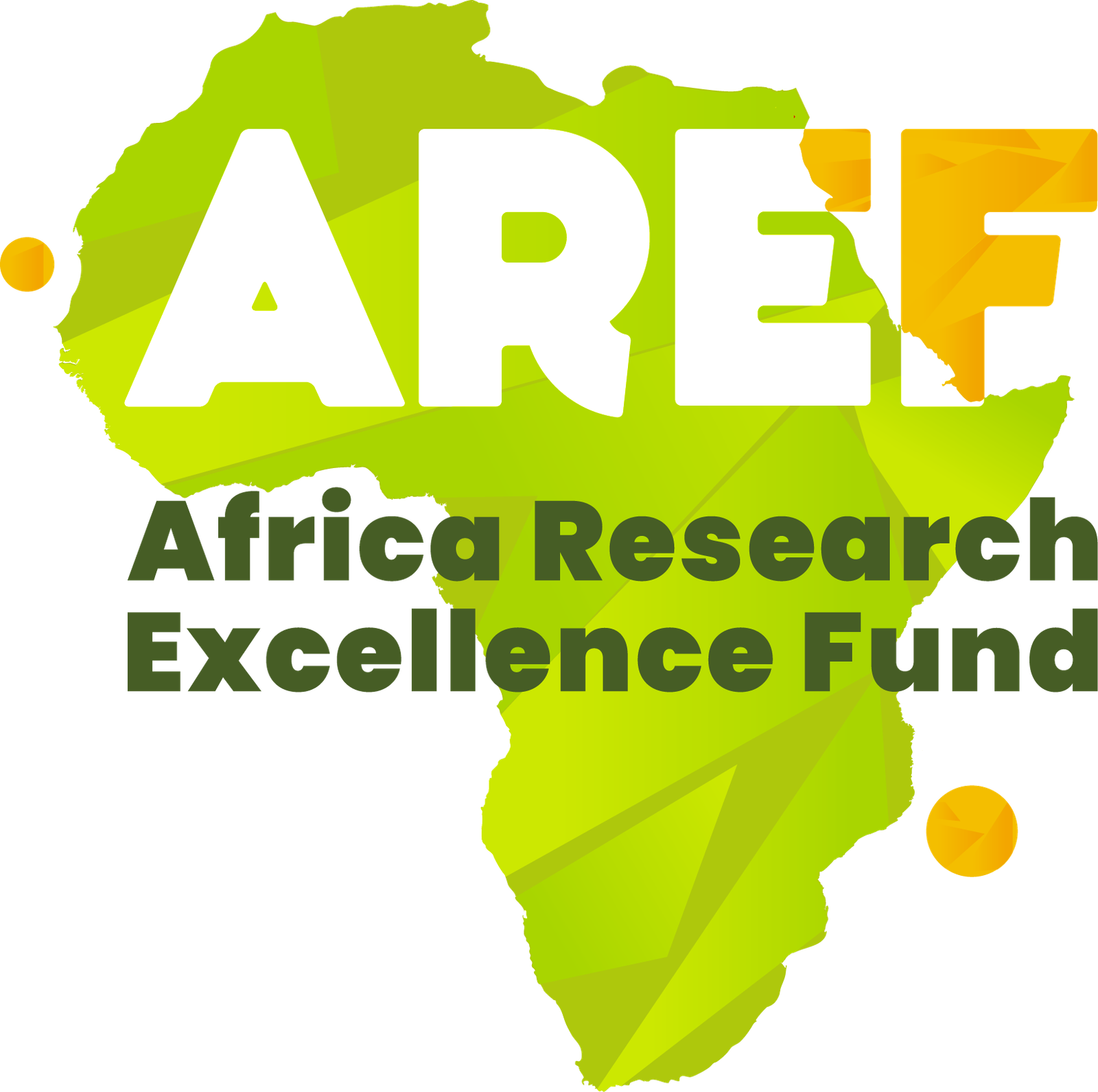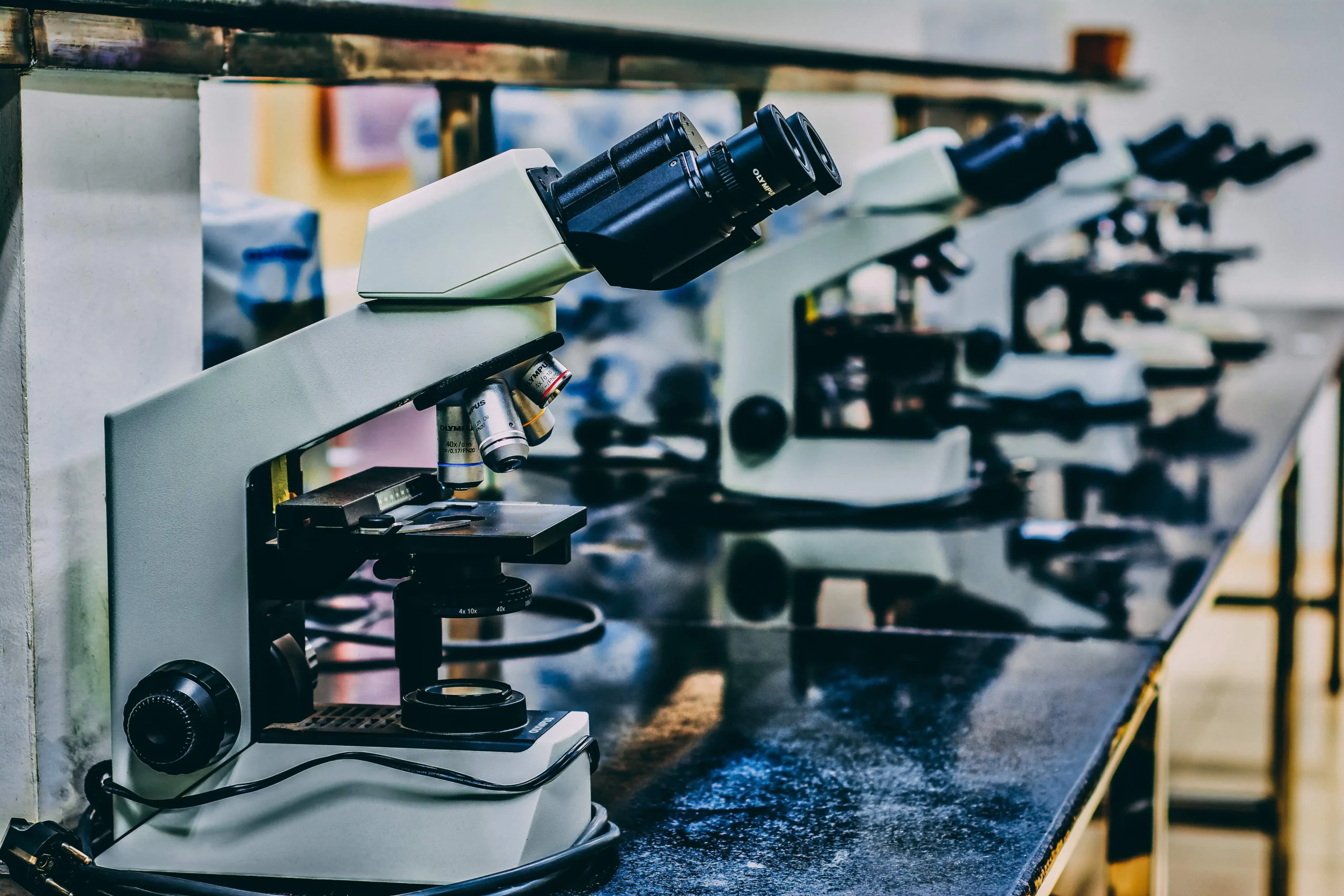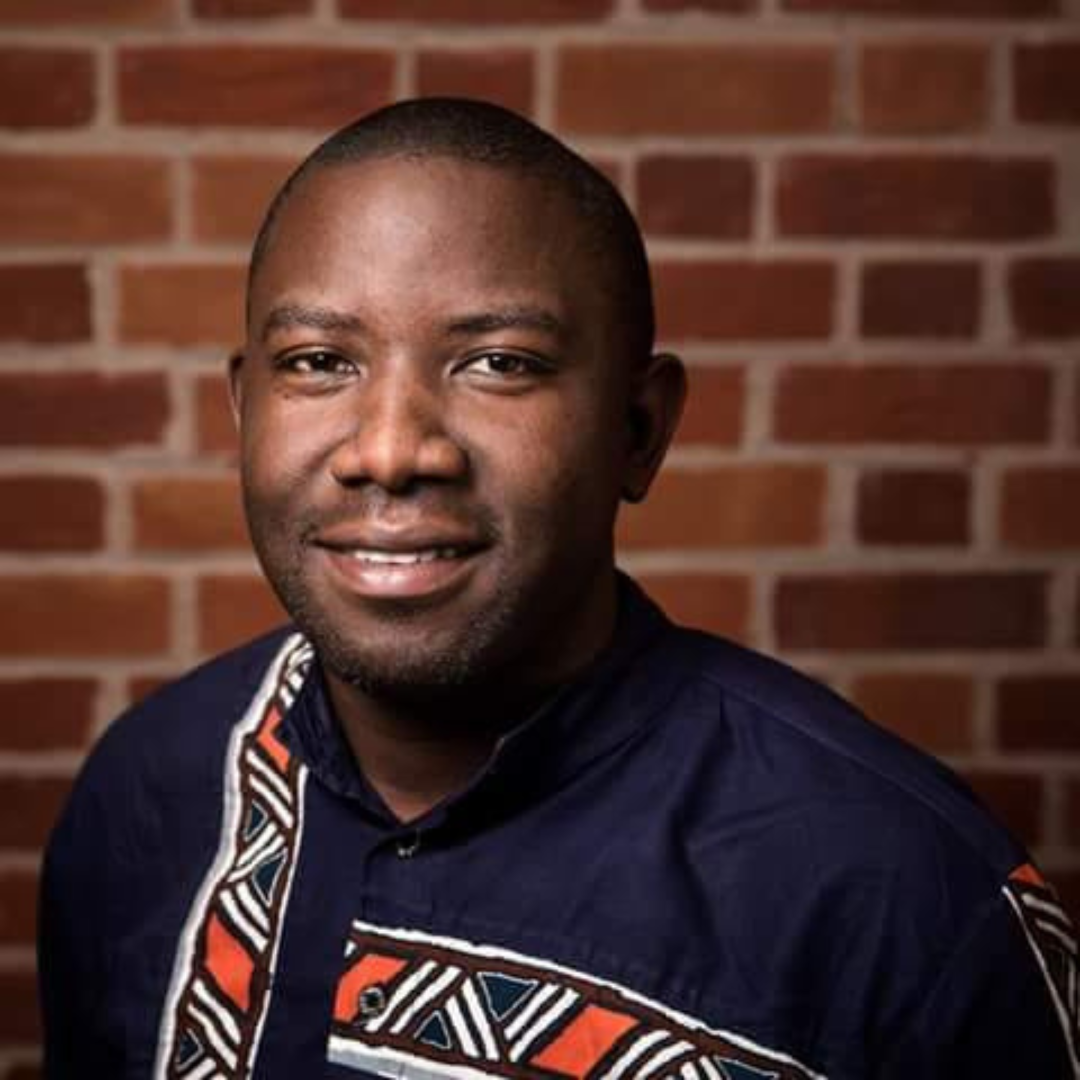Employing (Home) Organisation: Kenya Medical Research Institute (KEMRI)
Project title: Adaptation of multiplexed amplicon sequencing for the surveillance of antimalarial drug resistance in Kenya
I am a researcher at the Kenya Medical Research Institute. I hold a PhD in Life Sciences from the International Centre for Genetic Engineering & Biotechnology (ICGEB) – Jawaharlal Nehru University, with a Postdoctoral experience from the National Institutes of Health (NIH), USA. My research focuses on understanding the biology and evolution of the human malaria parasite, Plasmodium falciparum, to define the mechanisms the parasite has adopted to circumvent and survive the toxic effects of antimalarial drugs, especially artemisinins.
Summary of Project Destination
Despite major improvements in public health, malaria remains one of the most important infectious diseases in the world. There are recent reports of sporadic and independent emergency of Plasmodium falciparum parasites harboring kelch 13 mutations associated with artemisinin partial resistance (ART-R) across multiple locations in sub-Saharan Africa. Given the lack of viable alternative first-line treatments beyond artemisinin combination therapies (ACTs), these reports raise major public health concerns. Data on whether there are de novo emergencies of resistant lineages or cross-border spread of ART-R parasites into Kenya remain scanty. Here, we will characterize the PfKelch13 alleles in Western Kenya and define their correlation with ART-R. Western Kenya is a region with perennial malaria transmission and shares a border with Uganda, where ART-R parasites have been recently detected. We will use a highly multiplexed deep amplicon sequencing and bioinformatics protocol developed by Prof. Didier Menard to analyze single nucleotide polymorphisms (SNPs) in PfKelch13 gene and other genes associated with antimalarial drug resistance. We will use the skills and the preliminary data from this fellowship to inform design of a large multi centre study targeting all the sentinel sites in Kenya, which will correlate the identified polymorphisms with drug resistance phenotypes.
Summary of Fellowship Plan
I will be working with Prof. Didier Menard at the Institute of Parasitology and Tropical Diseases of Strasbourg, University of Strasbourg, France. Prof Menard is a leader in antimalarial drug resistance, and together with his team will install hands-on training on the use of the highly multiplexed sequencing and bioinformatics protocols for analysis of parasite polymorphisms. The technology learnt during this fellowship will be transferred to various research teams in KEMRI to increase the capacity for genomic epidemiology of malaria studies.
Quote
“The research skills to be gained through this fellowship are the real means to eliminating the malaria infections.”
Dr. Noah Onchieku expects to start his fellowship in August 2025



